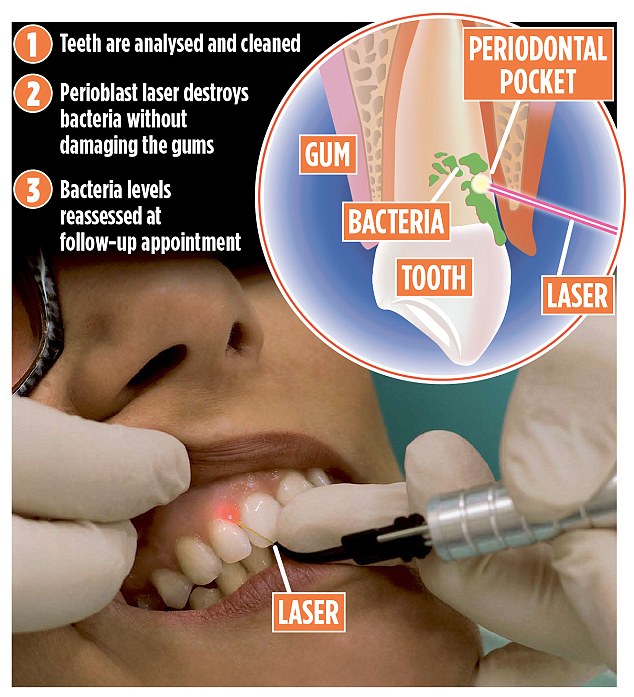How do antibiotics help dentistry?
For some people, taking antibiotics before
their dental appointment is important. It might not be for a small treatment,
but they can certainly help you. However, how in the world are they used in
dentistry? Well, you’re about to find out why they’re used, and how they can
help dentists.
Now, antibiotics are something that are
used to treat infections and problems caused by bacteria, such as respiratory
tract infections, urinary, skin, and infected wounds and problems. It
essentially kills off the bacteria and prevents them from multiplying. With
this, it will help the natural immune system fight this off. Some kill on a
wider spectrum, while others only affect a few types of bacteria. They do fight
bacteria period, and not viruses, which is why if you have a cold, this won’t
help.
How are they used in dentistry? Well, there
are two ways that they are used.
If you have dental abscesses of swelling
because of a gum infection, they can be used. Just remember that these aren’t
curative treatments, but they’re used for temporary relief while you get other
treatment, such as them being taken during a scaling or an extraction. In most
of these situations, the affected area needs to be dealt with in other ways, so
it’s often not the full solution, but something that can help.
Another reason that they’re used if to help
premedicate someone before they get treatment. For example, if you’re at risk
for infection during some sort of dental treatment, it can be something that
can help.
But, just because they’re there, doesn’t
mean they’re prescribed willy-nilly, but rather they’re given to someone when
they’re needed, and they only need to be used for limited uses.
Now, there are a select few people that can
benefit from antibiotics before they go in for an appointment. These can be
those with heart conditions. This is because this can prevent a serious heart
condition from happening during dental treatment. If you have artificial heart
valves, a history of infective endocarditis, cardiac transplant, and certain
specific conditions that are often congenital, then you could benefit from
this. Now, there are other ones on the list, but often they are added to and
erased in some cases, because often, they don’t want a ton of people on these for
various health risks, especially the risk of becoming resistant to antibiotics
when something bigger comes along.
Now, if you’ve had joint replacement
surgery or have had joint issues, you can get benefit from this, mostly because
it can prevent infection in the joint area, and the structures that are there.
Now, the ADA does recommend premedication in this case, but often, it’s not
required in those that have prosthetic joint implants, since there isn’t an
association between the two. However, if you’re getting an invasive dental
procedure, especially when you’re going to be medically compromised, such as
immune issues and diseases, along with chronic disease, this can be a huge
thing. So yes, take your time and do find out from your dentist if you need to
take this before you go in.
Now, this isn’t for everyone. That’s
because allergic reactions can happen. Now, what happens with these allergic
reactions? They cause a lot of problems in the body, some of them
life-threatening. In that case, it can cause you to have a bad reaction that
creates more problems for the person, and overall, it’s not something that
should be done if the risk is there. At the end of the day, you should talk to
your dentist to see if you should be taking this.
If you’re curious as to whether or not you
should be taking antibiotics, the solution to this, is to talk to your dentist.
Go to them directly, give them the answers, and tell them about your medical
history as well. They can certainly help if you’re struggling with pain from
various dental conditions, but they do come with their own risks as well, so
make sure that if you do decide to go through with this, you know of the risk,
and you don’t have an allergy to any of the antibiotics prescribed.




Comments
Post a Comment